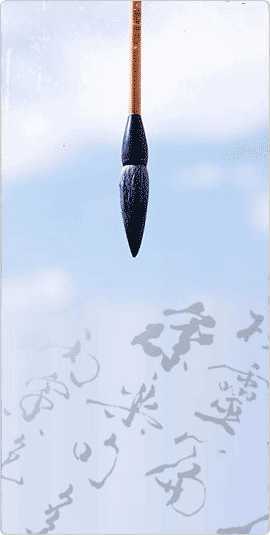Newsletter

Answer to the Chinese Test
Learn Chinese Expressions from Mandarin Lessons – How to Respond to Praise?

The correct answer for this quiz is B.
Analysis:
In this quiz, the three options are used under different circumstances. The first one “你别拍马屁了。(Nǐ bié pāi măpì le.)” means, “Don’t flatter me.” “拍马屁 (pāi măpì)” is a derogatory term; it is used only when you want to show mild disapproval. So be cautious when you use this phrase.
Example:
Tā zhēn huì pāi mă pì!
他 真 会 拍 马 屁! ![]()
He is good at currying favor!
The second one “您过奖了。 (Nín guòjiăng le.)” means “You have over-praised me.” “过奖 (guòjiăng)” is a Chinese saying that expresses modesty when the speaker thinks the praise he or she has received is too much. As a polite response to the teachers praise, the student would say “您过奖了。(Nín guòjiăng le.)”
Example:
Nín guòjiăng le, wŏ hái xūyào gèngjiā nǔlì.
您 过奖 了,我 还 需要 更加 努力。 ![]()
You have over-praised me. I still have a long way to go.
The last one “您夸张了。(Nín kuāzhāng le.)” means “You have exaggerated the fact.” “夸张 (kuāzhāng)” is a neutral term used to express that something has been exaggerated. The word “夸张 (kuā zhāng)” has no relation to a compliment and is not used as an answer to praise.
Example:
Zhè gè wèntí bèi tā shuō de tài kuāzhāng le.
这 个 问题 被 她 说 得 太 夸张 了。 ![]()
She is exaggerating the problem.



